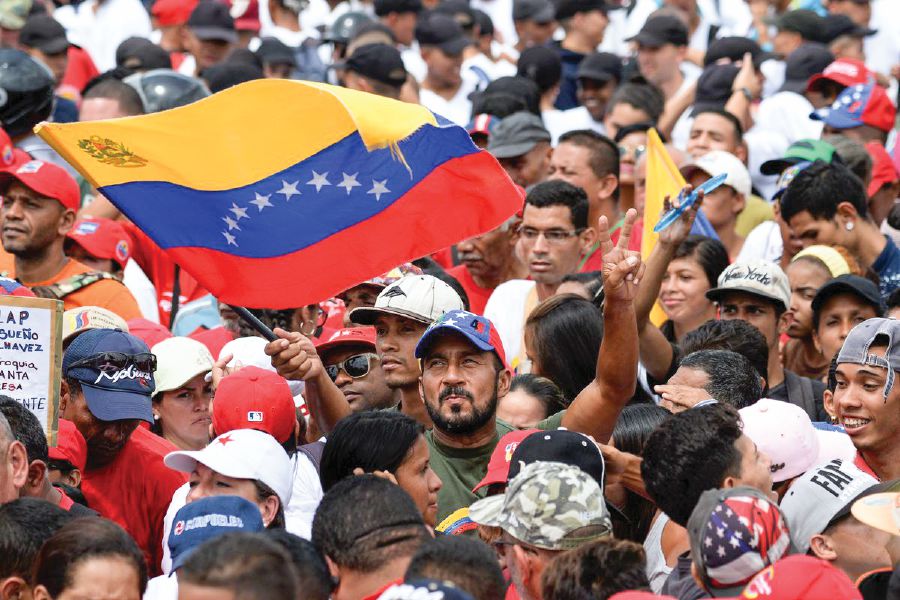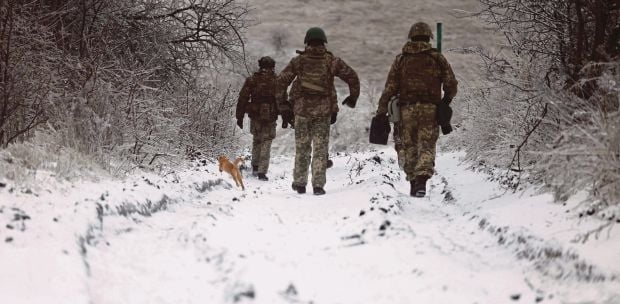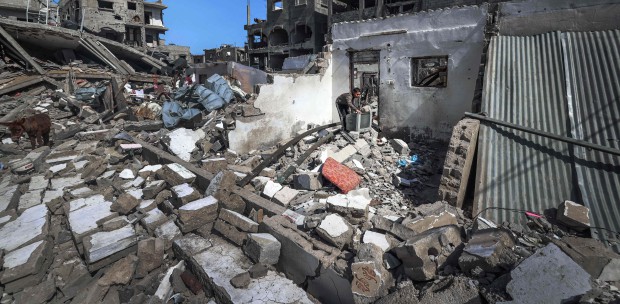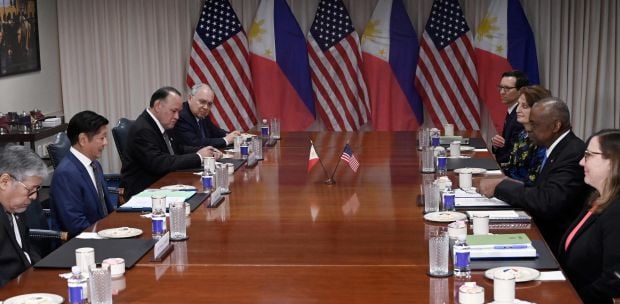ANOTHER United States regime change undertaking is about to begin. Meanwhile, the Syrian misadventure will, hopefully, end soon and Bashar Al Assad’s enduring presence in Damascus is Washington’s failure writ large.
But that is not stopping the neo-conservatives. Washington is beating the war drums again, this time in Latin America.
Venezuela, and its Bolivarian socialist revolution, has long irked the US. And, when the re-elected Nicolas Maduro was sworn-in for his second six-year term as president, US imperial vitriol was unleashed, unfettered.
The pomp ceremony was attended by 94 international delegations, among them Russia and China, and the presidents of Bolivia, Nicaragua and Cuba, and the celebrating crowds of Venezuelans. Obviously, neither Maduro nor Venezuela is isolated.
US National Security Advisor John Bolton declared that Washington is not recognising President Maduro, whose claim to power the US considers illegitimate.
As has become the norm, this decision was based on lies.
Bolton claims the latter’s election was “not free, fair or credible” but the international Council of Electoral Experts of Latin America found it to be perfectly legitimate despite US meddling.
The same tact is being voiced by US Secretary of State Mike Pompeo. For his part, he promises that “the United States will work diligently to restore a real democracy to that country”.
Given the news blockade imposed on Venezuela, there is no way mainstream media reporting on the country can be balanced and fair.
With regard the May 20 elections last year, mainstream media reported it as heavily rigged to favour Maduro, the dictator. However, former president Jimmy Carter, whose Carter Centre has a Democracy Programme said: “As a matter of fact, of the 92 elections that we’ve monitored, I would say that the election process in Venezuela is the best in the world.”
If a resounding victory over his opponent does not make Maduro the winner, what does?
More than 60 per cent of a turnout of 46.02 per cent of eligible voters cast their votes for him.
Even Donald Trump won the US presidency on a minority vote smaller than that commanded by Maduro. In today’s democracies, with the exception of President Vladimir Putin of Russia, who can claim otherwise?
That it is mere pretext used to destabilise Venezuela further cannot be denied. A US-led economic war against Venezuela has been ongoing.
A financial blockade is in place, leaving the Venezuelan economy vastly weakened with inflation spiralling out of control.
The blockade has crippled its oil industry, the country’s main foreign currency earner.
All this to facilitate US multinational corporations like Exxon-Mobil.
Meanwhile the people suffer. And yet, Maduro is returned to power peacefully via the ballot box because his policies ensure that the ordinary Venezuelan is fed, schooled and employed, food boxes distributed to households, free healthcare and education and wages are protected.
Unfortunately, regime change is underway.
The US is supporting a move by the leader of the National Assembly to step in as interim president.
But the National Assembly is held in contempt by the Supreme Court for swearing-in three deputies under investigation for election irregularities.
And the former has been unwilling to accept the judgment until today, making all its actions null and void.
Such a move by the US is nothing short of contemptuous.
However, the signals emanating from Washington, at the moment, are conflicting. Trump’s decision to withdraw from Syria was attacked, not by a handful, but nearly everyone who matters in Washington, including Bolton and Pompeo, who were desperately trying to walk back that decision.
In Venezuela, however, he appears to be at one with them and has yet to repudiate the threats made by Pompeo and Bolton to change the elected government in Caracas.
This is true also with regard Ukraine, where the failed regime, backed by the US, is acting as its proxy. The overt provocations against Russia, as in the recent Kerch Strait incident, is proof.
A nuclear superpower going rogue is a frightening spectacle. What more when its chief executive appears to be finding it near impossible to assert his authority. And, not forgetting, too, the flagrant violations of international law by the US. Is the world helpless to defend itself against such unpredictable volatility?
The writer is executive director at the International Movement for a JUST World






